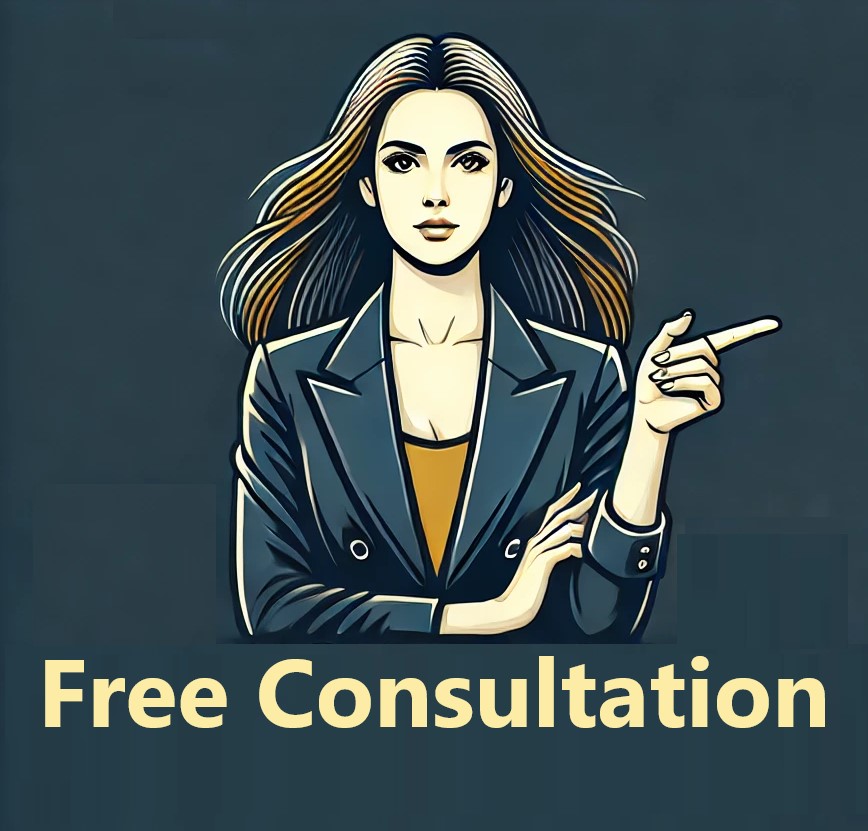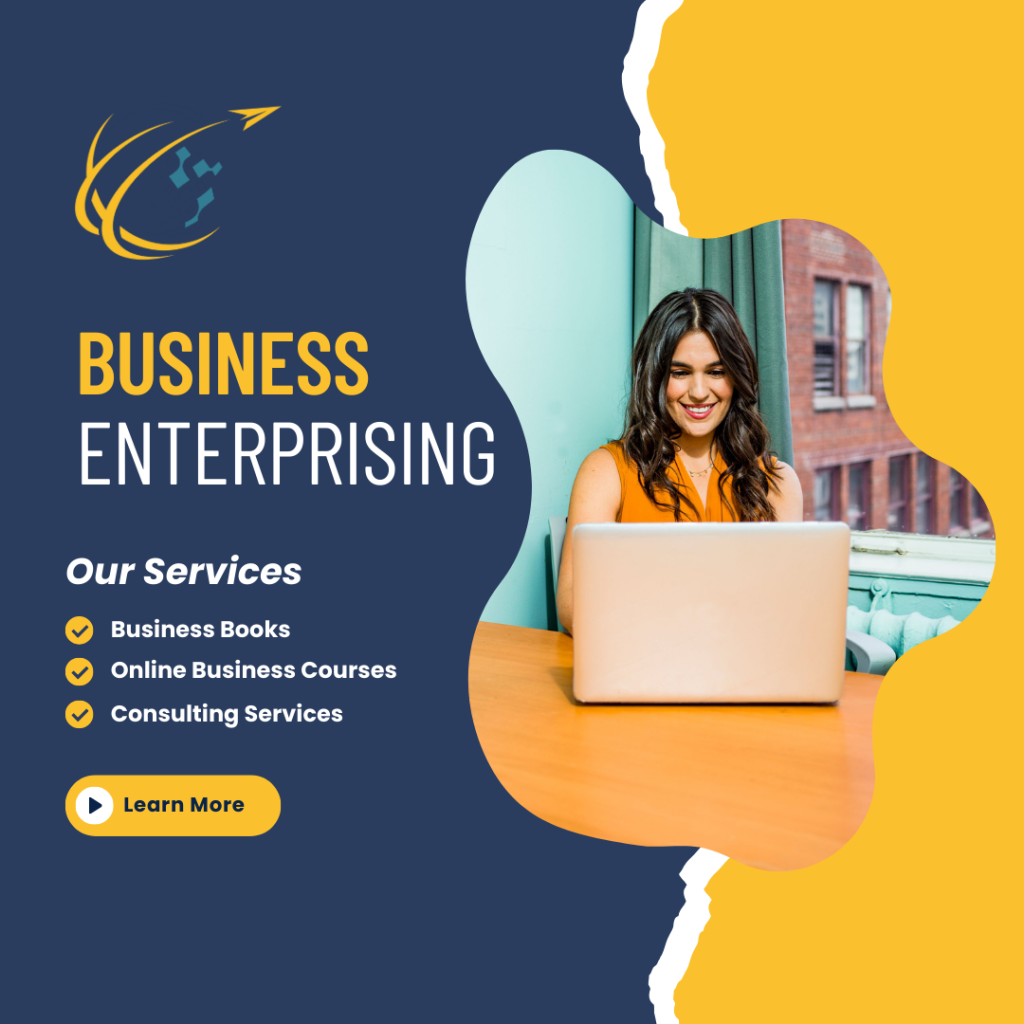
The Characteristics of a Successful Startup Idea
One key element of the best startup ideas is that they solve a specific problem. A successful idea doesn’t need to be unique but must address a genuine pain point. Companies like Uber and Airbnb were not the first of their kind but improved existing models by solving logistical issues.
Many of the best startup ideas today capitalize on emerging trends like sustainability, plant-based products, and digital solutions. Startups focusing on e-commerce, SaaS, and eco-friendly businesses show strong promise in 2024. Meal-prep services, for example, have grown due to health-conscious consumers, with projections for significant industry growth.
Execution remains crucial for success. A strong business plan, market research, and understanding competition turn even the best ideas into profits. Startups serving other businesses, such as app development and marketing solutions, also thrive, with lower risks and consistent demand for innovation.
What Makes a Startup Idea Fail?
On the other hand, some of the worst startup ideas are those that don’t address a real need or enter saturated markets without differentiation. Retail startups, for example, face high failure rates, with many closing within their first few years due to stiff competition and changing consumer preferences. Even if you have a novel product, failing to understand your market or relying too much on a niche demand can be a recipe for failure.
Another example of bad startup ideas is businesses based on gimmicks without a sustainable market. Silent music concerts and single-product subscription boxes are prime examples. Silent concerts fail due to limited audience appeal and competition with traditional events, while single-product subscriptions often struggle with high logistical costs and poor retention rates. These businesses can initially attract attention but lack the scalability and long-term customer engagement necessary for growth.
In the digital space, launching an e-commerce store may seem like a low-cost, high-reward venture, but it’s one of the riskiest. Around 90% of new e-commerce businesses fail within 120 days. The reason? Fierce competition, slim profit margins, and the necessity for a robust marketing and logistics strategy often overwhelm inexperienced founders.
Best Startup Ideas in 2024
Sustainability-Focused Businesses: The demand for eco-friendly products continues to grow, driven by consumer awareness of climate change and environmental impact. From sustainable fashion to zero-waste stores, businesses with a focus on reducing carbon footprints are not only marketable but also necessary.
EdTech Solutions: As schools and institutions increasingly rely on digital tools, there’s a growing market for innovative educational technologies. This can range from tutoring platforms to advanced learning management systems designed to streamline remote learning.
Health and Wellness: From plant-based food products to fitness tech, health-related startups continue to perform well, especially those catering to specific dietary or lifestyle choices. The U.S. plant-based market, for instance, has exploded, and experts predict significant growth.
Digital Marketing and AI: Businesses that focus on leveraging AI for improving customer experience, marketing efficiency, or data analysis are also among the best startup ideas. As AI technology becomes more accessible, more companies are looking for ways to use it to reduce costs and improve operations.
Worst Startup Ideas to Avoid
Retail Stores: The retail sector has been declining due to competition from e-commerce giants like Amazon. Even small retail startups struggle with high overhead costs and declining foot traffic.
Pay-to-Play Social Media Platforms: Social platforms thrive on user engagement, and creating a paywall significantly reduces the number of users willing to participate. This model is particularly risky given the number of free alternatives available.
ATM Routes: The idea of owning ATMs may sound like a low-effort way to generate passive income. However, it’s rarely profitable. With low transaction volumes and high operating costs, this is one of the worst startup ideas for 2024.
Single-Product Subscription Services: Consumers today expect variety and personalization. Single-product subscription boxes struggle to meet customer expectations over time, leading to poor retention and high churn rates.
Internet Cafes: Once a staple business idea, internet cafes are becoming obsolete. This is due to widespread mobile data and home internet connections. The overhead costs often far outweigh potential profits.
Final Thoughts
When evaluating the best and worst startup ideas, success depends on identifying a genuine market need and executing well. Certain trends like sustainability and digital transformation offer opportunities, but even great ideas fail without strategy. Many bad startup ideas fail because of market saturation, poor differentiation, or lack of demand. Avoiding pitfalls like gimmicky trends or entering saturated industries can guide your startup in the right direction.
In conclusion, while the best and worst startup ideas may change with trends, entrepreneurial fundamentals remain constant. Solve problems and plan thoroughly.

